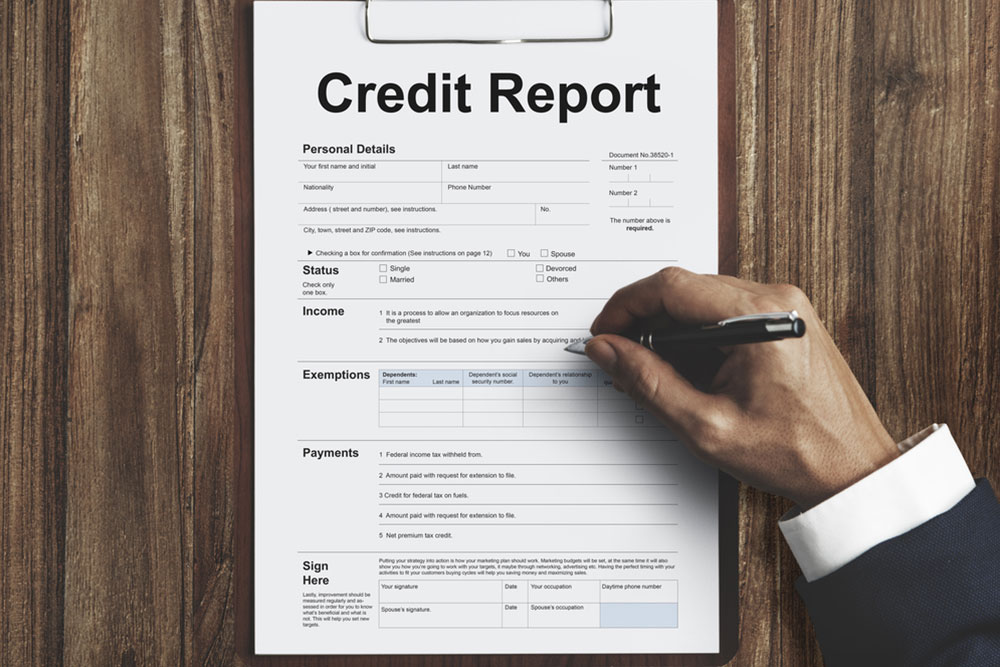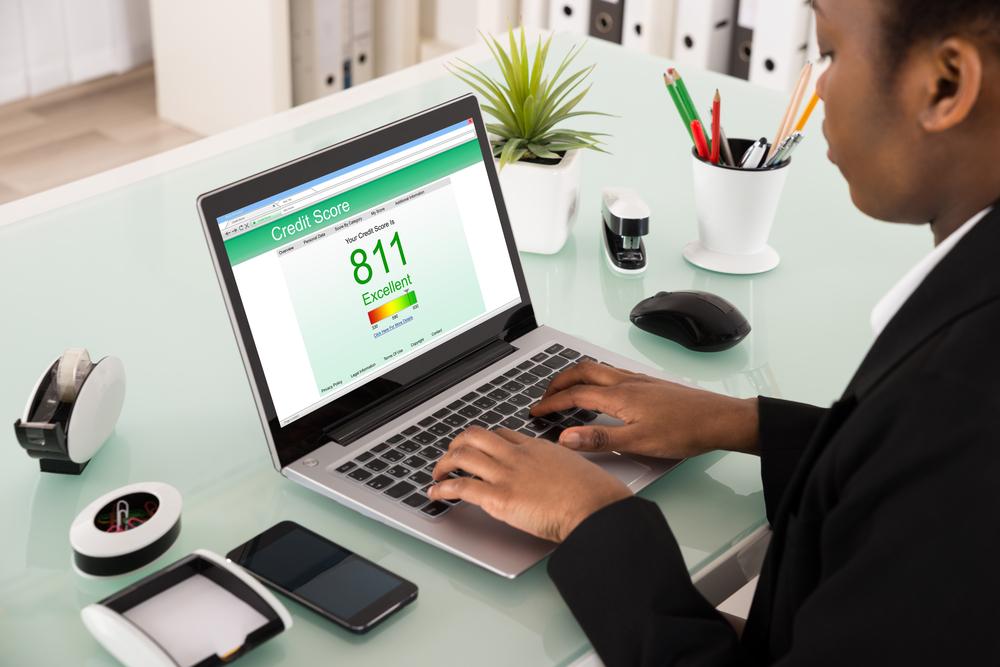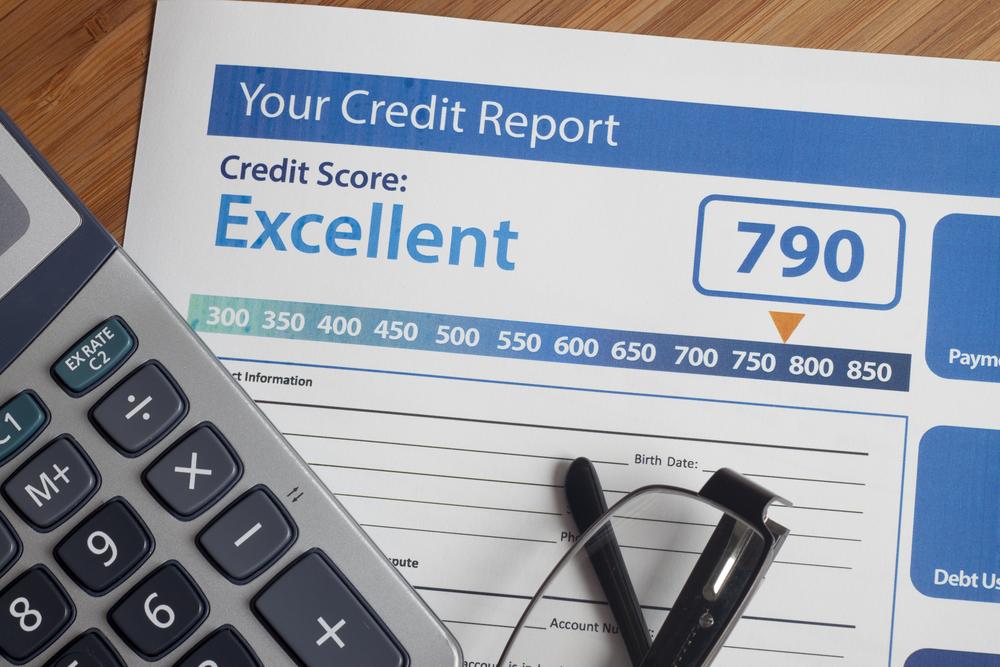Advantages of Accessing Credit Reports Online
Discover the advantages of accessing credit reports online from major bureaus like Equifax and Experian. Learn about your rights to free reports, how these reports help in financial decision-making, and ways to dispute inaccuracies. Protect your financial health effectively with easy access and timely updates to your credit information.
Sponsored

Major credit bureaus like Equifax, Experian, and Innovis compile detailed credit reports by collecting consumers' financial data. These reports, such as the free Equifax credit report, outline an individual’s credit history, including personal details, employment background, social security number, bank account information, and balances. Access to these reports is granted to authorized entities like landlords, insurance companies, lenders, and employers to assess financial stability and facilitate loan approval or assistance.
The benefits of obtaining credit reports through these bureaus include:
Access Rights
The Fair Credit Reporting Act (FCRA) allows individuals to request three separate credit reports annually from Experian, TransUnion, and Equifax. The Federal Trade Commission (FTC) guarantees the privacy and accuracy of this information. Consumers can visit annualcreditreport.com to request reports, which are typically received within 15 days by mail.
Additionally, you can access free online credit reports from Equifax.
Main Benefits
Having a credit report isn’t just useful for securing loans, insurance, or jobs. It also helps combat identity theft by verifying your financial data, making it easier to detect unauthorized activity. Receiving all three reports is optional, but having an up-to-date credit report is valuable, especially if you're unemployed or facing unfair denials. Such reports can be requested within 60 days of the incident.
Dispute Resolution
Under the law, you can dispute incorrect or outdated information on your report by contacting the credit bureau or the respective data provider. Submitting a written dispute with supporting documentation is recommended. If unresolved, complaints can be filed with the Consumer Financial Protection Bureau (CFPB).
Some reports include credit scores, while others do not. Reports are generally updated monthly, depending on the bureau. Some services also provide free credit scores alongside reports, along with analysis and alerts for potential issues like late payments or charge-offs, which could harm credit health for years.






